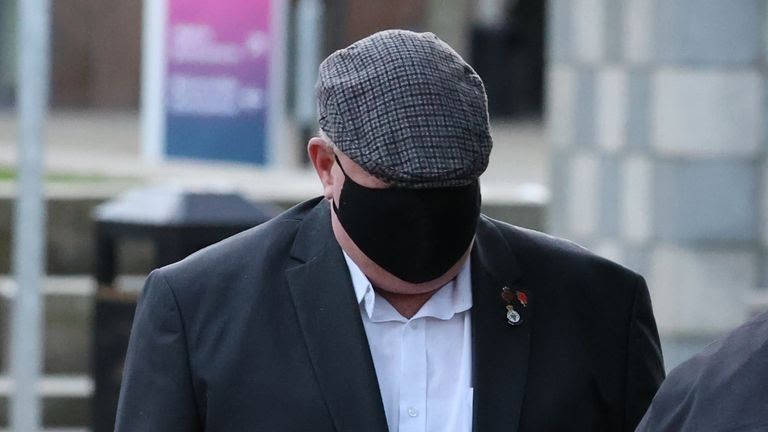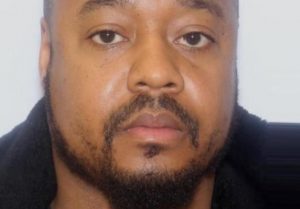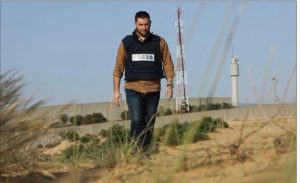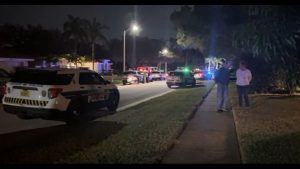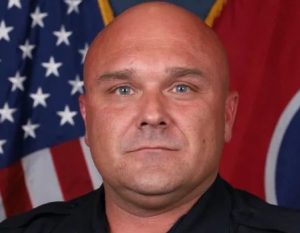Former soldier David Holden became the first British veteran since the 1998 Good Friday Agreement to be convicted of a historical offense in Northern Ireland.
On Friday, November 25, he was convicted for the manslaughter of Aiden McAnespie, who was allegedly shot while on his way to a football match 34 years ago. The court found out that Holden had pointed a machine gun at Mr. McAnespie and had pulled the trigger, assuming the gun was not cocked.
Also Read | Will Walmart ban gun sales after Chesapeake, Virginia shooting?
McAnespie’s family said that they were finally relieved with Friday’s verdict after a 34-year wait. His brother, Sean McAnespie said, “I’m thinking of my father and mother who prayed and prayed for this day and they’re not here to see it. As a family, we are very relieved and happy that we have such a big family, community, and relations, to help us through this.”
A hearing will be held in 2023 to determine Holden’s sentence.
Also Read | Iranian fan with Mahsa Amini jersey removed from stadium by Qatari police
Who is David Holden?
David Jonathan Holden is a former British soldier who was born in 1970.
In 1988, he was serving in the Grenadier Guards and was on his first day of checkpoint duties. Aged 18, he shot at Aiden McAnespie, 23, who was an IRA suspect. Holden admitted to firing the shot but said that he had fired the weapon by accident because his hands were wet, however, his statement was declared as false by the judge, who stated, “Holden had given a deliberately false account of what happened”.
In December 1988, Holden was charged by the Army under Section 69 of the Army Act 1955 with the offense of “prejudice to good order and military discipline” and was fined over £370 by his commanding officer.
Also Read | Squid Game actor O Yeong-su indicted for sexual misconduct in South Korea
After a 34-year-long trial, Holden was found guilty of manslaughter in November 2022.
The Holden case has been one of the most high-profile prosecutions of veterans that have been pursued in Northern Ireland in recent years.

